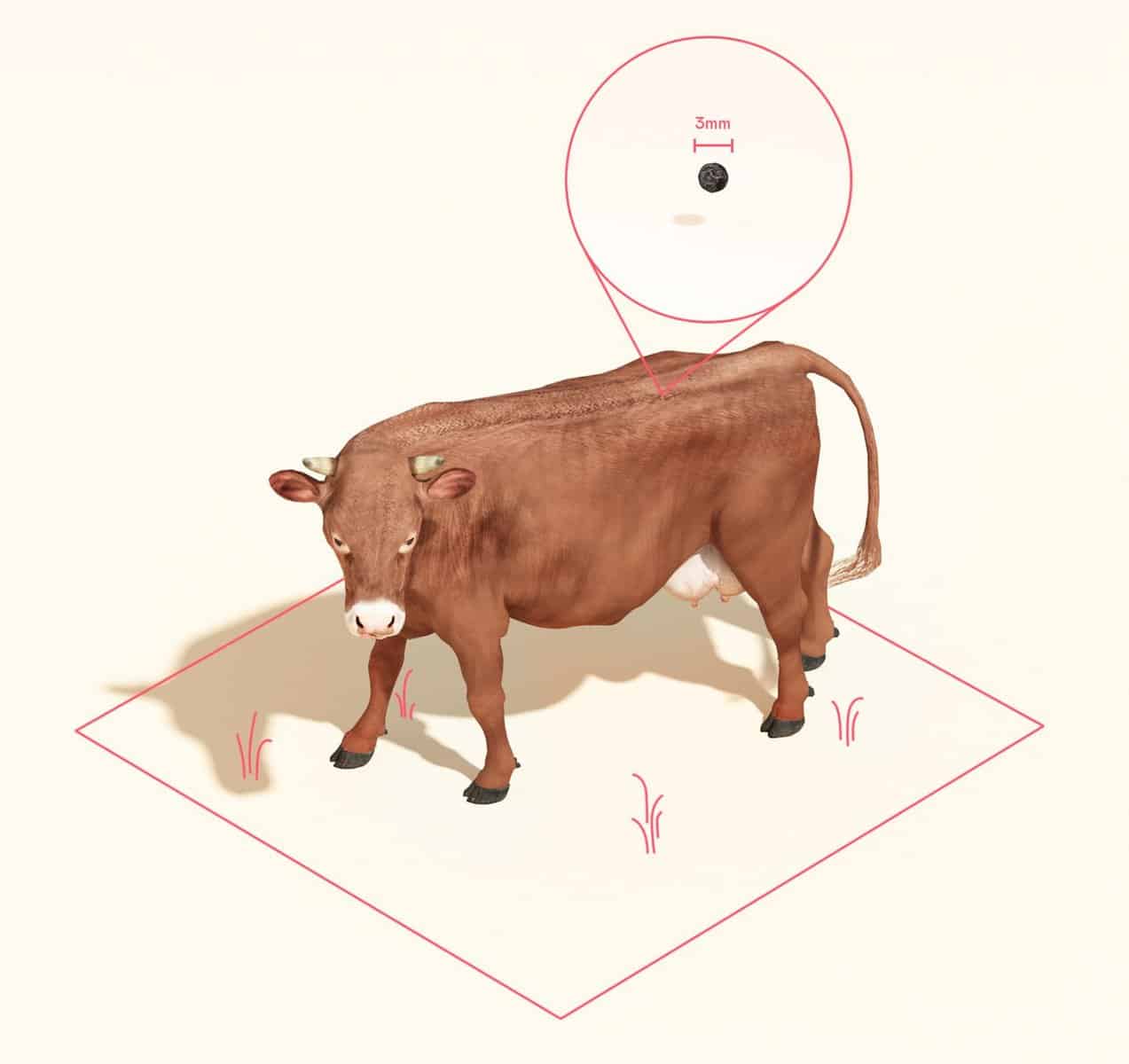2023 GFI Reports: Cultivated Meat and Fermentation Industries Growing Despite Drop in Investments
The Good Food Institute has released the 2023 State of the Industry Reports for the alt protein industry. These annual reports provide a global analysis of each sector’s commercial landscape, investments, scientific progress, and government and regulatory developments. The following are the top highlights in cultivated meat and fermentation for 2023, providing an overview of the key developments in these industries. The complete reports can be found here. Cultivated Meat Investments Cultivated meat and seafood companies raised $225.9 million globally in 2023, bringing the total (since 2013) to $3.1 billion. $225.9 million is a fraction of the investments in technologies to reduce emissions and address climate goals like renewable energy. However, investments in the sector were significantly lower than the $922.3 million capital injection of …





















